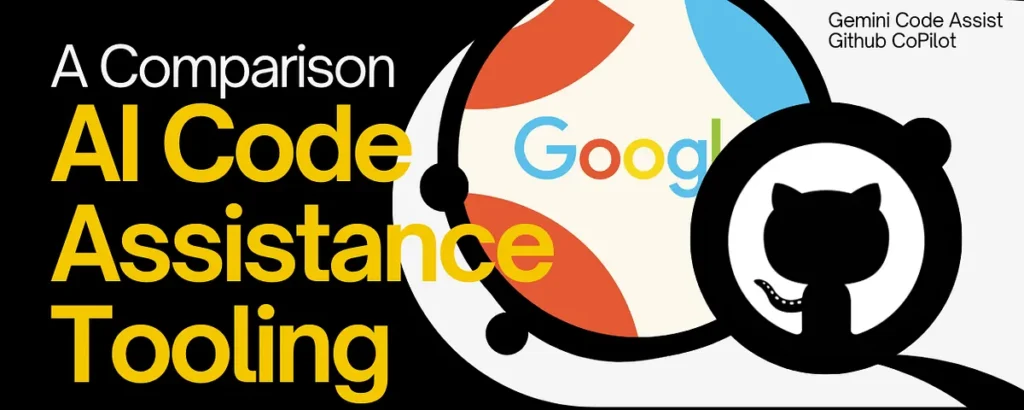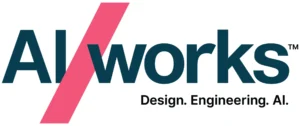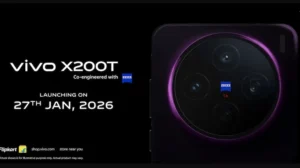Not long ago, writing code was entirely manual. Developers searched Stack Overflow, combed through documentation, and hammered away at keyboards line by line. Today, a new class of tools AI coding assistants is rewriting how software is built. Whether it’s GitHub Copilot, Google Gemini Code Assist, or Amazon CodeWhisperer, these assistants promise faster coding, fewer bugs, and even help for people who don’t consider themselves coders.
What Exactly Is an AI Coding Assistant?
An AI coding assistant is a tool that suggests or generates code in real time as you type, using large language models (LLMs) trained on billions of lines of source code. Think of it like predictive text on steroids except instead of finishing your sentence, it can finish your function, suggest test cases, or explain a bug fix.
Big Players in the Market
- GitHub Copilot: Built on OpenAI’s Codex/GPT models, Copilot integrates into IDEs like VS Code. It’s currently the most widely adopted assistant, already used by over 1.8 million developers worldwide.
- Google Gemini Code Assist: A newer entrant, Gemini is tightly integrated into Google Cloud and aims to provide enterprise-grade code completion, debugging, and documentation help.
- Amazon CodeWhisperer: Designed to work seamlessly with AWS services, it’s gaining traction with cloud-native developers and enterprise teams already tied into Amazon’s ecosystem.
How Do They Work?
These assistants rely on transformer-based neural networks the same architecture powering tools like ChatGPT. They’re trained on massive datasets of open-source code (and in some cases proprietary corpora). When you start typing, the model predicts likely next lines or entire blocks of code based on context. Many assistants also offer natural-language prompts ask in plain English (“Write a Python function to fetch weather data from an API”) and it generates ready-to-run code.
Why Developers Love Them
The appeal is obvious: less grunt work, more productivity. A survey by Stack Overflow found that 44% of developers already use AI assistants in some form. Reported benefits include:
- 🚀 Faster boilerplate generation (no more writing the same setup code repeatedly).
- 🛠️ Easier debugging tools can point out likely syntax errors or inefficient patterns.
- 📚 Learning on the fly junior devs can understand frameworks faster by seeing working examples.
- 🕒 Saved time freeing up senior engineers for architecture and strategy instead of repetitive tasks.
The Risks & Limitations
But it’s not all sunshine. There are real concerns:
- Accuracy: AI-generated code isn’t always correct it can “hallucinate” functions or APIs that don’t exist.
- Security: Suggestions might include vulnerable patterns if the model was trained on flawed code.
- Licensing/IP: Some open-source developers worry their work is being reused without proper attribution.
- Skill erosion: Over-reliance may hurt the learning curve for beginners who skip understanding fundamentals.
Best Practices for Using AI Coding Assistants
If you’re diving into these tools, here are some pro tips:
- ✅ Always review the generated code never copy-paste blindly into production.
- ✅ Use assistants for repetitive patterns, but still think critically about design choices.
- ✅ Pair them with linters, static analysis tools, and human code reviews.
- ✅ Treat them as collaborators, not replacements they’re tools, not teammates.
Future Outlook
The next frontier isn’t just smarter autocomplete. We’re heading toward AI pair programmers that understand entire codebases, refactor projects, and even integrate with CI/CD pipelines. Imagine assistants that can spin up a whole backend from a spec document, then automatically write tests and deploy. That’s not 2050 that’s being prototyped right now in labs from California to Zurich.
Why This Matters for the Wider World
It’s not just about developers. Faster, more accessible coding could lower barriers for startups, nonprofits, or even students experimenting with tech projects. In the U.S. and Europe, where software talent shortages are pressing, AI coding assistants could help fill skill gaps. But they’ll also force a rethink of how programming is taught less about memorizing syntax, more about problem-solving and oversight.
My Take
I think AI coding assistants are one of the clearest examples of “AI as augmentation, not replacement.” They don’t eliminate developers they empower them. But there’s a danger in over-trusting the machine. The best coders of tomorrow will be those who know when to accept AI’s suggestions and when to dig deeper. Like calculators in math, these tools don’t make us less capable they force us to level up. Used wisely, they could democratize coding and speed up innovation across industries.




